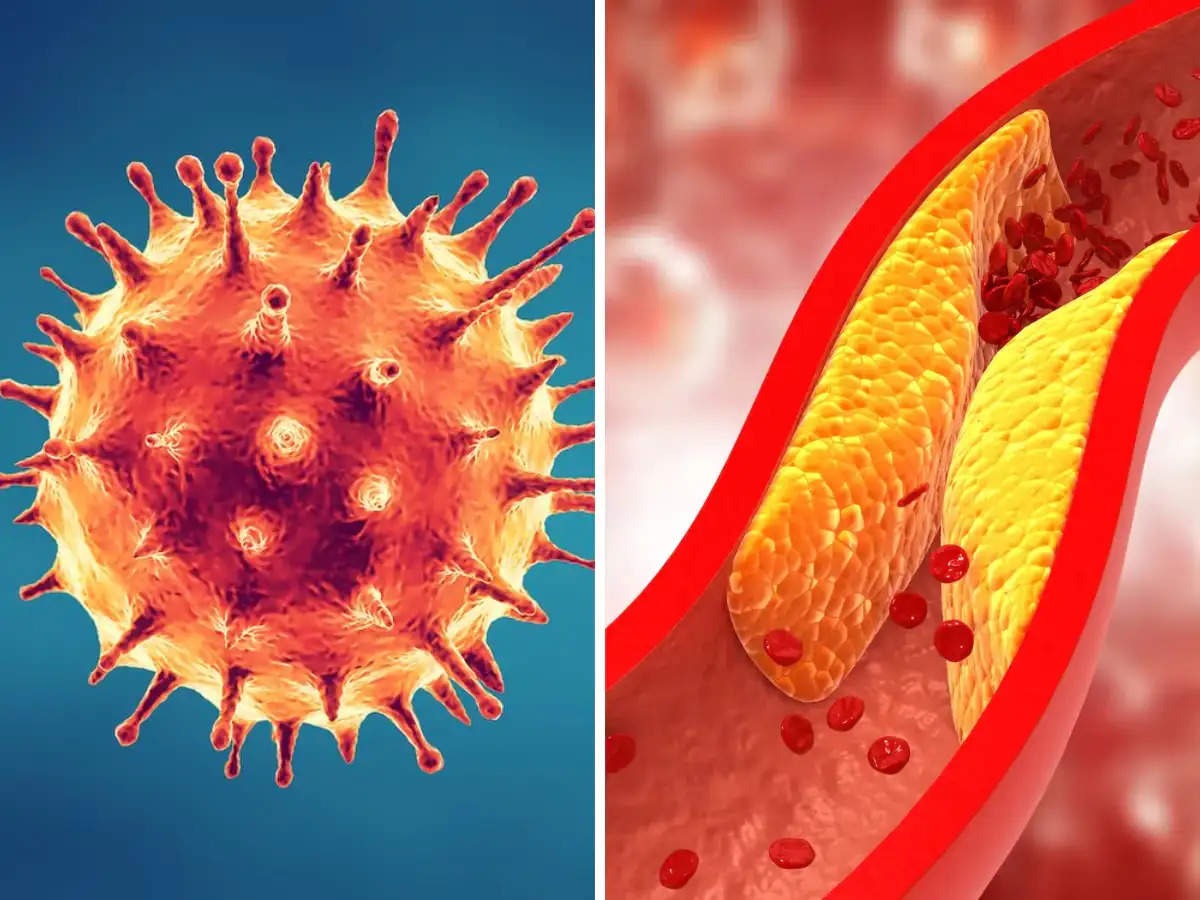The COVID-19 pandemic has had a variety of health impacts, and recent research has shown that COVID-19 infection may increase the risk of developing dyslipidemia or high cholesterol by nearly 30 percent.
In this study conducted by researchers at Albert Einstein College of Medicine More than two lakh adults were included. Research has found that abnormal lipid levels in the blood may be a major reason for increased deaths due to cardiovascular problems after the pandemic. Increase in lipids is considered a major risk factor for serious diseases like heart attack and stroke.
Main findings of the research
The research, published in the Journal of Clinical Investigation, said the risk of developing dyslipidemia increased nearly twofold, especially in older adults and patients with type 2 diabetes. Professor Gaetano said that severe acute respiratory syndrome related to SARS-CoV-2 can disrupt the function of endothelial cells, leading to problems with blood vessels.
Regular checkup required
The professor advised that people should regularly monitor their lipids, especially patients who suffer from high cholesterol. He has appealed to such people to get immediate treatment. This advice applies not only to people who have received formal treatment for COVID-19, but also to individuals who do not know they have been infected with the virus.
study findings
The research focused on the incidence of dyslipidemia in a group of more than 200,000 adults living in Naples, Italy, during the three years before the start of the pandemic (2017-2019). This was then compared with the same group between 2020-2022. The findings showed that COVID-19 increased the risk of developing dyslipidemia by an average of 29 percent across all participants.
Who is most at risk
The research also found that the risk is even higher in people over the age of 65 and those with long-term conditions such as diabetes, obesity, heart disease, chronic obstructive pulmonary disease and high blood pressure.
 look news india
look news india

